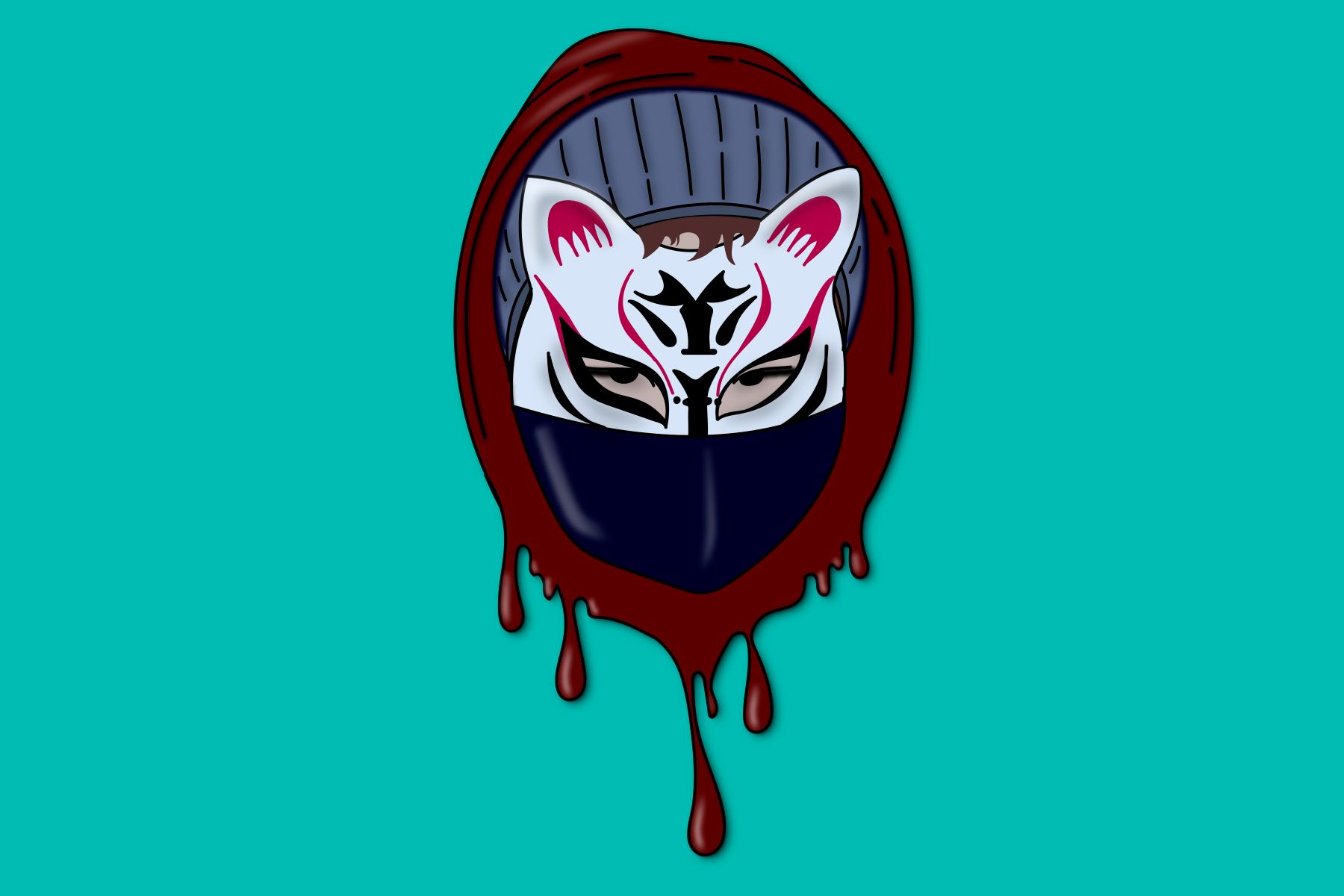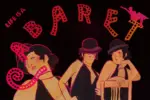A wave, like any other force of nature, has to begin somewhere. Miles from the shore, water begins to drag the ocean floor, barely perceptible to the naked eye. Similarly, all cultural movements, no matter how illogical or violent, spring from seemingly inconsequential events. Recently, Netflix released “We Are the Wave,” a German web series chronicling the subtle rise of extremism.
“We Are the Wave” follows the revolutionary escapades of five teenagers. Lea Herst opens the series as the narrator of their formidable movement. At school, Herst plays the role of the quintessential popular girl. She is rich, beautiful and athletic, leaving audiences to wonder what more she could possibly want. Soon, however, her boredom and dissatisfaction with the daily grind becomes apparent. Day to day, she mindlessly fulfills her predetermined obligations before gratefully collapsing into bed. Herst wants to lead a meaningful life but isn’t sure how to fulfill such a lofty desire.
The answer to her question appears in the form of a new student at school. Tristan Broch is handsome, clever and undeniably countercultural. On his first day, he wears shabby clothes, undaunted by the preppy kids surrounding him. Broch possesses an unsettling charisma but evades immediate characterization. After challenging the popularity hierarchy, he effortlessly begins collecting followers.
Broch encourages Zazie Elsner, a perpetually bullied artist, to stand up for herself during fights. Later, he befriends Rahim Hadad, an Arab student who is harassed simply because of his race. Finally, during a field trip to an industrial paper plant, he helps Hagen Lemmart denounce the businessman who polluted his family’s farm. With the group now complete, Broch and his friends plot ways to bring reform to a city filled with alt-right sympathizers.
Initially, this group of misfits appears harmless. The five friends overcome bullies, hang out in a dilapidated factory and perform tame feats of activism. However, viewers familiar with the inspiration behind “We Are the Wave” sense something more sinister lurking around the corner.
“We Are the Wave” draws its inspiration from an experimental social movement called “The Third Wave.” In 1967, a high school history teacher aired a poignant documentary about the Holocaust. Afterward, his students expressed disdain for the German population who lived in ignorance of their nation’s heinous actions. The teacher, aiming to demonstrate fascism’s slippery appeal, started his own modern-day movement. Its tenets urged students to band together and encouraged “Strength through discipline, strength through community, strength through action, strength through pride.” As the number of followers increased, their ideals became radical and aggressive, forcing the teacher to disband the dangerous club. By the end, both students and faculty understood how smart people can easily develop savage allegiance to a political ideology.
As Broch’s following swells, this savage allegiance develops within the movement. Soon, members adhere to no leader and carry out thoughtless acts of violence without hesitation. These new feats of activism lack the premeditation that brought meaning to the group’s former actions. Viewers watch as a once harmless wave morphs into an uncontrollable tsunami.
Although barbaric, Broch’s movement does not possess more violent tendencies than their avowed enemies. Throughout the series, audiences also gain an understanding of the alternative ideology. In Germany during this time, an alt-right party dominates the political landscape. The first episode opens with a politician railing against political correctness, fake news and true patriotism with an eerily similar inflection. Later, individuals who subscribe to this ideology harass non-white pedestrians on the street. In devotion to nuance, “We Are the Wave” refuses to paint the alternate side as saint-like. Creators never give audiences an easy side to cheer for.
Rather, the series follows two extremist movements clashing in a bloody display. Simple directorial decisions ensure the audience remains skeptical of both sides, not just the obviously heinous alt-right party. In his prison cell, Broch’s face is constantly bathed in a stream of ghastly yellow light. The intentional effect doesn’t demonize or redeem the teenager boy. This wan light establishes ambiguity around his character and leaves viewers to speculate about his ultimate intentions.
Consistently, the series ensures that all characters function with an ambiguous fog obscuring their true nature. Some viewers might hail the protagonists as heroes trying to fix their broken world. Others will deride the immature ways these teens attempt to display their dissatisfaction. Difficulty accompanies attempts at interpretation, making “We Are the Wave” a perfect series for viewers intrigued by nuance.
The complexity, no matter how compelling, fails to compensate for a few structural flaws. Since “We Are the Wave” is a German series, Netflix automatically inserts an English-dubbed version for English-speaking viewers. Although helpful in some cases, subtitles do a better job of preserving the series’ overall quality. With subtitles, viewers watch actors deliver lines in real-time without awkward moments when dialogue and facial expressions are out of sync.
In addition, this out-of-sync dialogue borders on cliché, especially in the moments between intense conflicts. The teenagers’ conversations, obviously intended to be lighthearted and hip, seem full of speculation from a writers room. When the scene needs a push forward, characters will simply shout expletives, ignoring the opportunity to elaborate on previous events. However, this lack of explanatory dialogue certainly increases the story’s mysterious vibe. If “We Are the Wave” is meant to resist easy interpretation, the notable absence of expository statements serves this purpose quite well.
Overall, “We Are the Wave” seems to defy effortless categorization. In some viewers’ minds, the story advocates teenage rebellion and never paints the protagonists in an unflattering light. In contrast, other people see the series as a skeptical warning against unbridled idealism. No matter your final interpretation, this German web series leaves one idea perfectly clear: In desperate times, the smallest events unleash colossal consequences. Subtly, ripples can transform into massive waves with a catastrophic final impact.
















